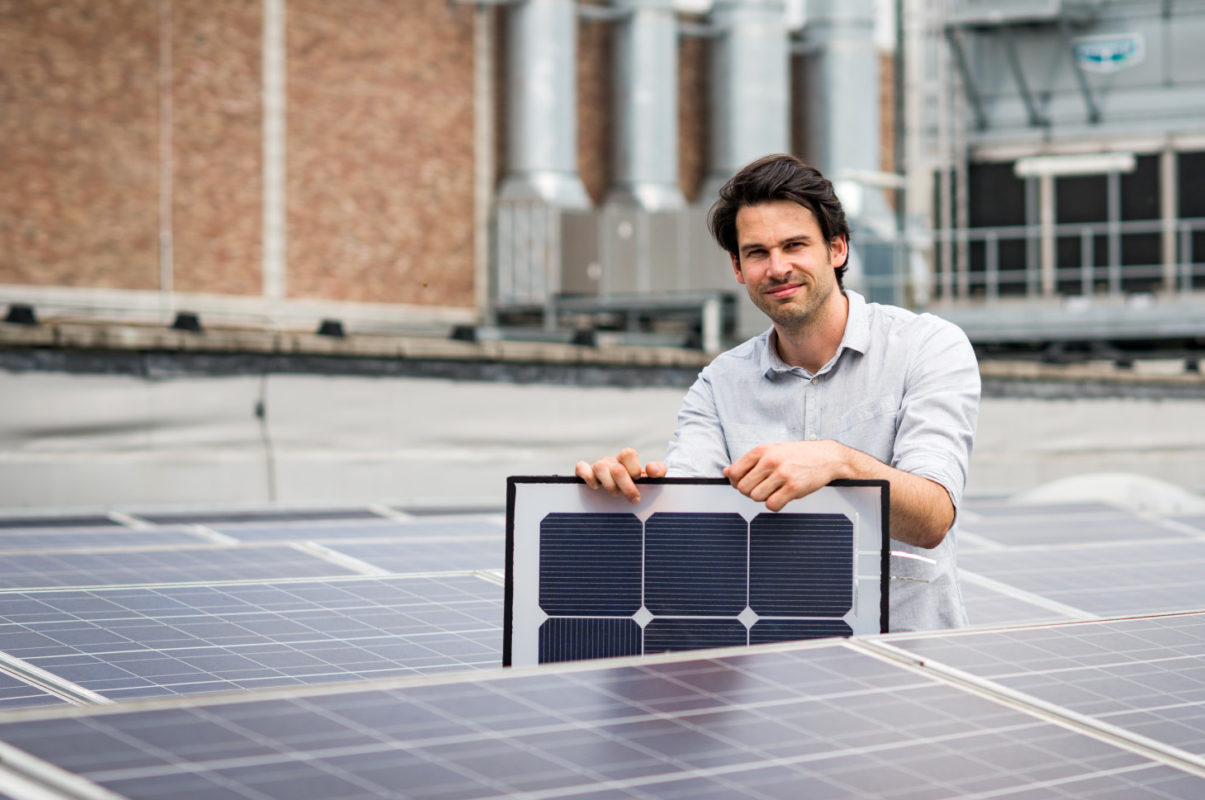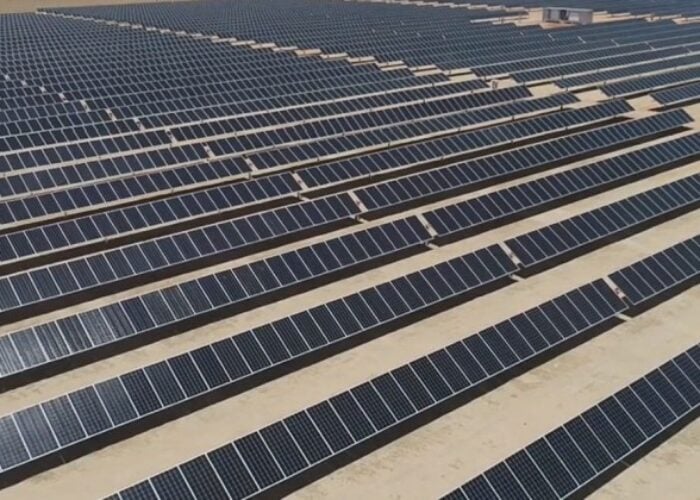
Imec and EnergyVille are introducing new simulation software that accurately predicts the daily energy yield of solar cells and solar modules under varying meteorological and irradiation conditions at Intersolar Europe. Imec’s model combines optical, thermal and electrical parameters to provide detailed insight on thermal gradients in the solar module. The model integrates the effect of these gradients, resulting in a significantly better accuracy (root mean square error of only 2.5%) than commercially available software packages for energy yield estimation. It can also be used to make a rapid assessment of material and technology changes at the cell and module level and their influence on the levelized cost-of-electricity (LCOE).
Problem
Try Premium for just $1
- Full premium access for the first month at only $1
- Converts to an annual rate after 30 days unless cancelled
- Cancel anytime during the trial period
Premium Benefits
- Expert industry analysis and interviews
- Digital access to PV Tech Power journal
- Exclusive event discounts
Or get the full Premium subscription right away
Or continue reading this article for free
Solar cell efficiencies and photovoltaic module performances are typically only measured under standard lab conditions. However, in reality, photovoltaic modules are operated in the field under conditions that are substantially different from these standard lab conditions. They are exposed to varying meteorological conditions in terms of irradiation, temperature and wind, which, in addition, all vary during the course of the day.
Solution
In contrast to most existing models for energy yield calculation, imec’s model starts from the physical parameters of the solar cells and the used materials, and includes on top of that their variations due these changing external conditions. In this way a ‘closer to reality’ model is obtained, enabling a more precise assessment of the effects of solar cell and module technology changes on the energy yield of these photovoltaic cells and modules. Moreover, it is also the ideal starting point to come up with significantly improved short-term energy yield forecasting, which will lead to lower lost opportunity costs and better energy management systems for PV power plants as well as residential solar systems. This means that the model could e.g. become very useful for PV plant operators and electricity grid operators, enabling them to better forecast the short-term varying output of PV power plants, in this way limiting curtailment situations and grid balancing issues, and hence create more value across the full renewable energy value chain.
Applications
Simulation software for high accuracy modeling of daily energy yield of solar cells and solar modules in residential, commercial and utility-scale segments.
Platform
Imec’s simulation software features a coupled optical-thermal-electrical approach and provides detailed insight on thermal gradients in the solar module and their effect on energy yield. The incorporation of wind and thermal transient effects produced a highly accurate calculation of daily energy yield with a root mean square error of only 2.5 percent, under strongly varying meteorological conditions (e.g. clouds passing by, changes in wind speed, compared with the actual measured output. This is significantly better than energy yield calculations that could be obtained using commercial software packages under these varying weather circumstances.
Availability
June 2017, onwards.






